
The Kyoto Protocol was negotiated almost 18 years ago in December 1997 in the city of Kyoto, Japan and came into force in February 2005.... More
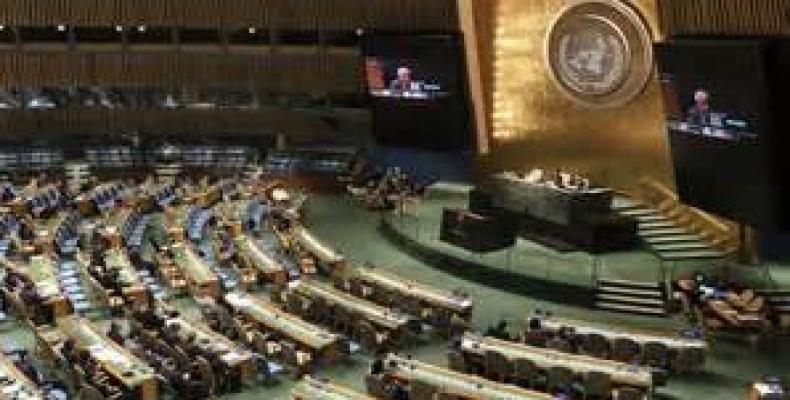
The General Assembly debate at the United Nations is underway until the 3rd. of October. In the past for the most part speeches at the UN, at the General Assembly, have been absolutely dull and predictable unless you had someone like Chavez, as we did back in 2006. calling George W. Bush the devil.... More
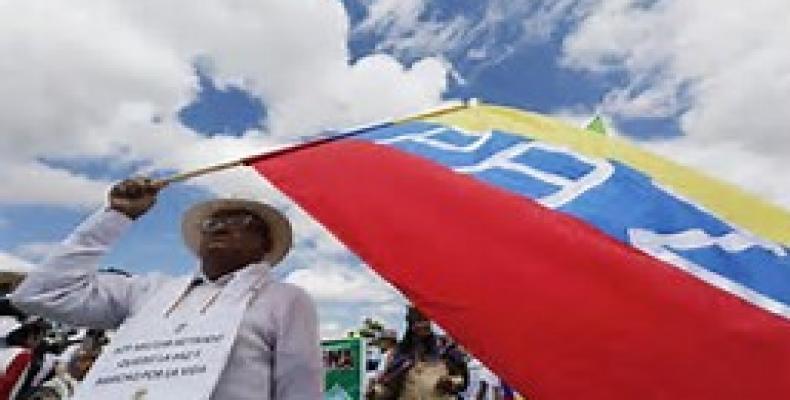
Last week the Colombian President Juan Manuel Santos met with Rodrigo Londoño, the leader of FARC, the Revolutionary Armed Forces of Colombia in Havana over a peace agreement brokered by Cuba. This breakthrough comes after 51 years of insurgency and will address rights and abuses and the compensation for victims.... More

US President Barack Obama on Monday walked up to the podium at the United Nations General Assembly and asked Congress to lift the 55-year economic blockade of Cuba as the neighboring countries continue to thaw their diplomatic relations.... More
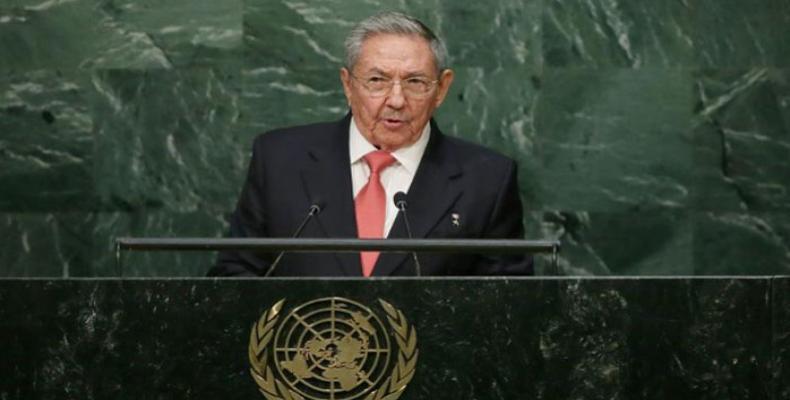
Remarks by Raúl Castro Ruz, President of the Councils of State and Ministers of the Republic of Cuba, in his address to the General Debate of the 70th Session of the UNGA, New York, September 28, 2015.... More
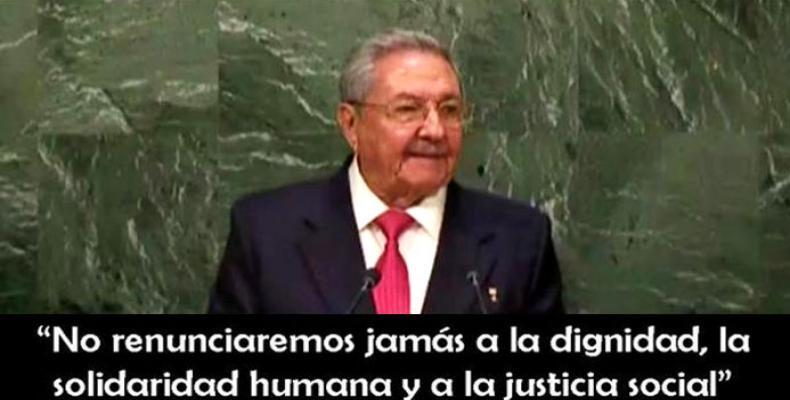
The current instability prevailing in numerous regions of the world has its roots in the pervasive underdevelopment afflicting two-thirds of the world population.... More

Here is the full text of the speech that Pope Francis gave to the United Nations General Assembly, as translated by the Holy See:... More
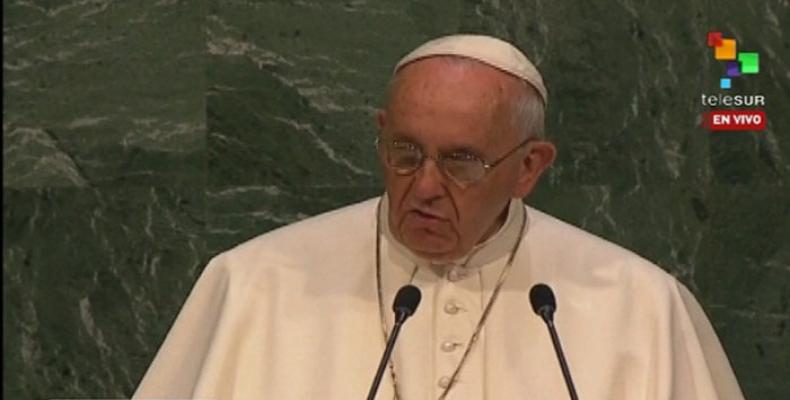
The Argentinian-born Pope Francis on his four-day visit to Cuba celebrated one of his masses in Holguin Cuba, in the province where Fidel and Raúl Castro grew up.... More
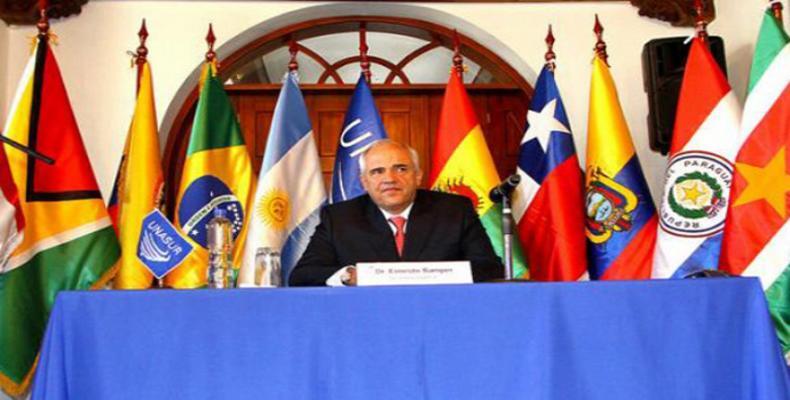
Simon Bolivar was the first prominent Latin American leader to seek integration among the newly-formed Latin American nations. He joined Colombia, including Panama, Ecuador and Venezuela in what became known as Gran Colombia. Bolivar also led the movement to organize a multinational conference Panama in 1826. The goal of the gathering was to create a federation of independent states in alliance with Great Britain and as a counterweight to the United States’ Monroe Doctrine. Representatives from Guatemala, then encompassing most of Central America, Mexico, Gran Colombia and Peru attended, although Brazil and Argentina did not participate. Also invited were representatives from the British and Dutch governments. ... More
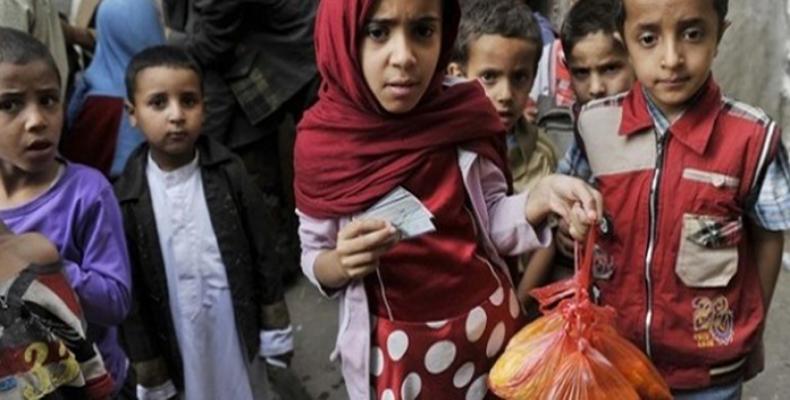
In Yemen, the government of Prime Minister Khaled Bahah has returned from exile in Saudi Arabia, spurring rumors of a further ground invasion by the Saudi-led coalition to oust the Houthi rebels. And as hundreds of troops from Qatar and Egypt and other Arab countries have joined the Saudi-led coalition in recent weeks, UN officials have condemned the situation saying “unless there is a serious commitment of the parties to find a political solution to the conflict that will end the violence and ensure humanitarian access to all populations without discrimination, the situation is likely to degenerate even further.”... More
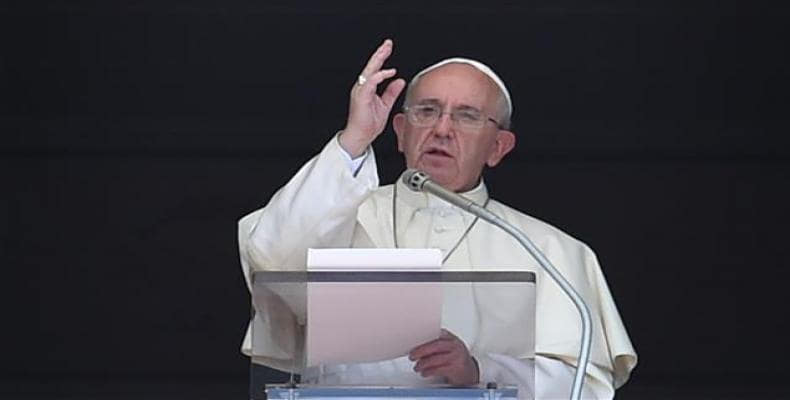
Dear Sisters and Brothers: Only a few days are left before my visit to Cuba. Therefore, I wish to send you a fraternal greeting before we meet personally. ... More

After months of protests leading to the resignation of Guatemala's former president Otto Pérez Molina, Guatemalans headed to the ballot box to elect their next leader. There are 7.5 million registered voters in Guatemala, and according to the Organization of American States' observation mission the elections were a success, with 71 percent of eligible voters participating.... More
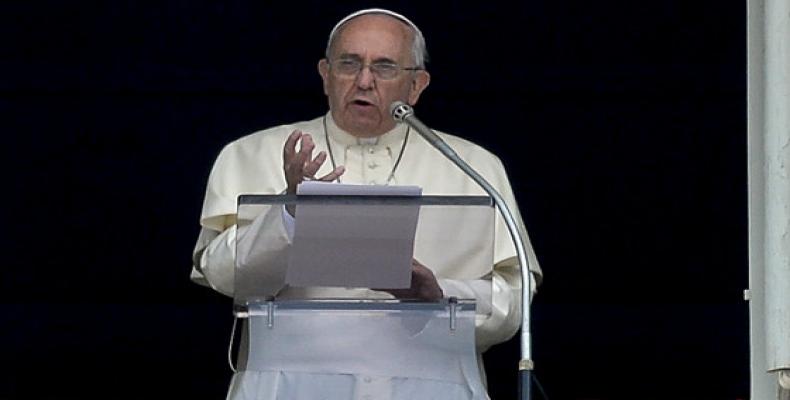
Thousands of Phillipino citizens who gathered in Manila to greet Pope Francisco last January looked in unmitigated awe at the modest car in which he traveled to the Presidential Palace.... More

“No one can accept the precepts of neoliberalism and consider themselves Christian,” pope Francis wrote in his days as Cardinal Jorge Bergoglio, archbishop of Buenos Aires. As pope, he puts the matter more directly: “Such an economy kills.” He regards the environmental crisis as an economic-justice crisis as well: “The same mind-set which stands in the way of making radical decisions to reverse the trend of global warming also stands in the way of achieving the goal of eliminating poverty.”... More
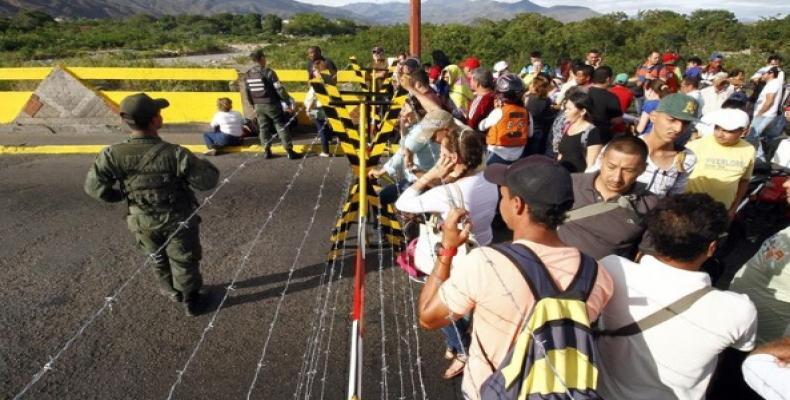
The Colombian Venezuelan relationship has developed since the early 16th century, when Spanish empire colonizers created the Province of Santa Marta now Colombia and the Province of New Andalucia now Venezuela. The countries share a history for achieving their independence under Simón Bolívar and becoming one nation —the Great Colombia— which dissolved in the 19th century. Following then, the overall relationship between the two countries has vacillated. ... More
More Views
- Tucker Carlson reveals former CIA director Mike Pompeo plotted to assassinate Julian Assange
- Following U.S. lead, student protests proliferate in Canada, France, Mexico, Australia and other countries around the world
- Panama: The polls were not wrong
- Gaza Media Office says Israel fully responsible for crimes against Palestinian journalists
- Gaza reconstruction could take 80 years; damage unseen since World War II

